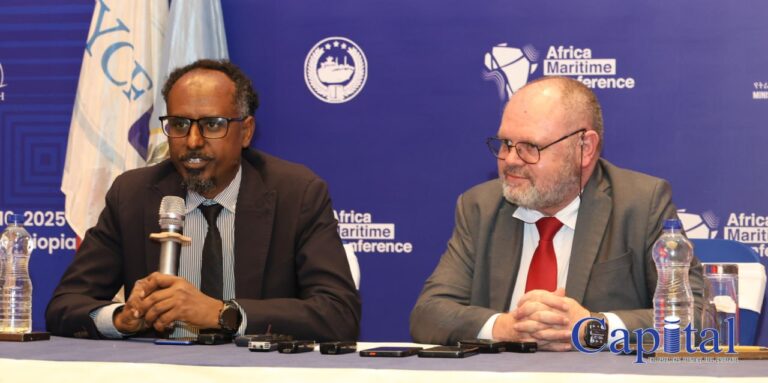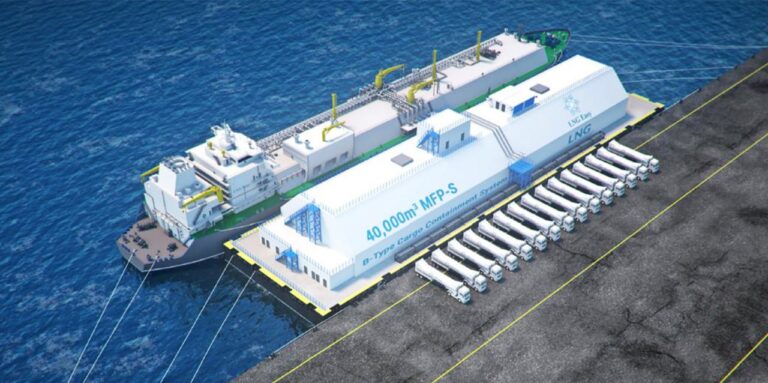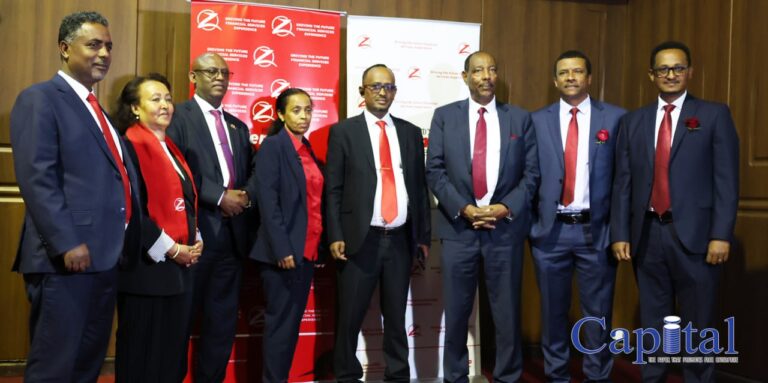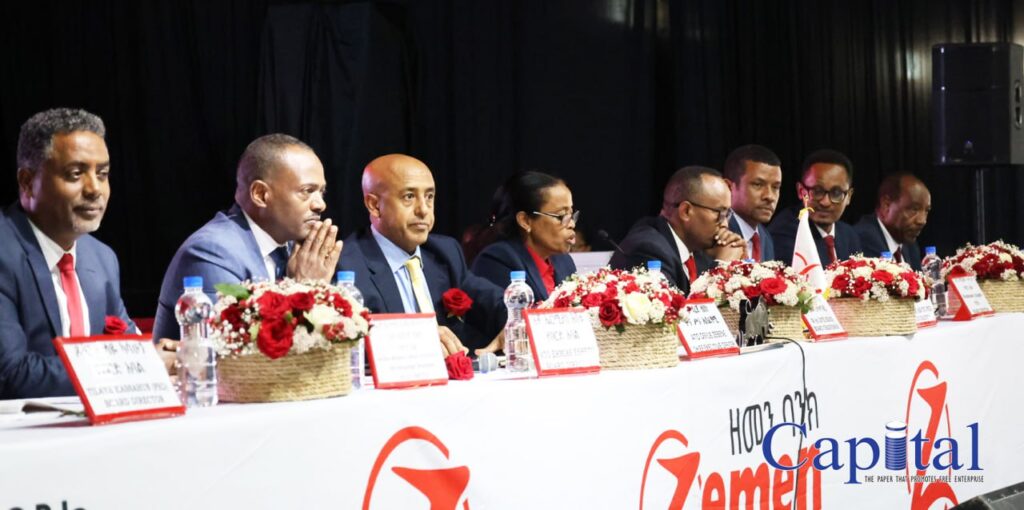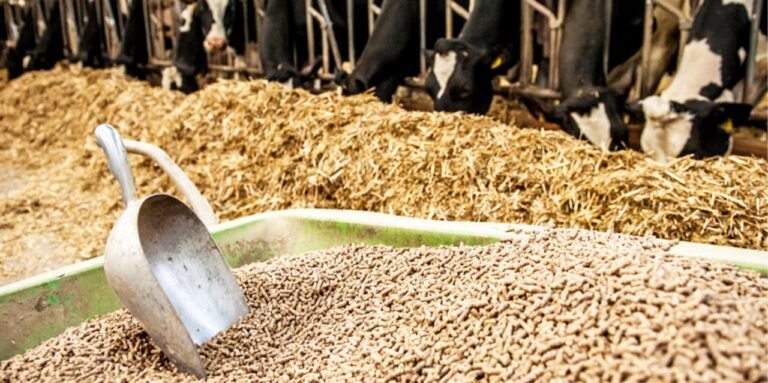Ethiopia is sounding the alarm on persistent obstacles hindering its skilled seafarers from achieving full international recognition, as the country aims to become a major hub for the world’s maritime workforce. The urgent appeal was made at the African Maritime Conference 2025, held in Ethiopia under the banner “Africa, the Next Frontier of Global Crewing.”
Despite Ethiopia’s growing reputation for robust maritime training, the conference exposed critical gaps between local qualification systems and international employment structures. These mismatches, particularly regarding required ‘Sea Time’ internships and global ‘Certification Visas,’ are stalling the careers of thousands of Ethiopian and African maritime graduates, even as the world faces a shortage of qualified ship officers.
Francois Joubert, CEO of YCF Manning Limited, highlighted the problem: while over 150 maritime academies operate across Africa and student enrollment is rising, gaining essential sea time remains a bottleneck. “Countless young people are ready to graduate today but cannot find ships willing to take them on their first voyage,” Joubert said, urging shipowners worldwide to provide two training berths per vessel for African students—a move he believes would trigger unprecedented labor turnover in the international shipping industry.
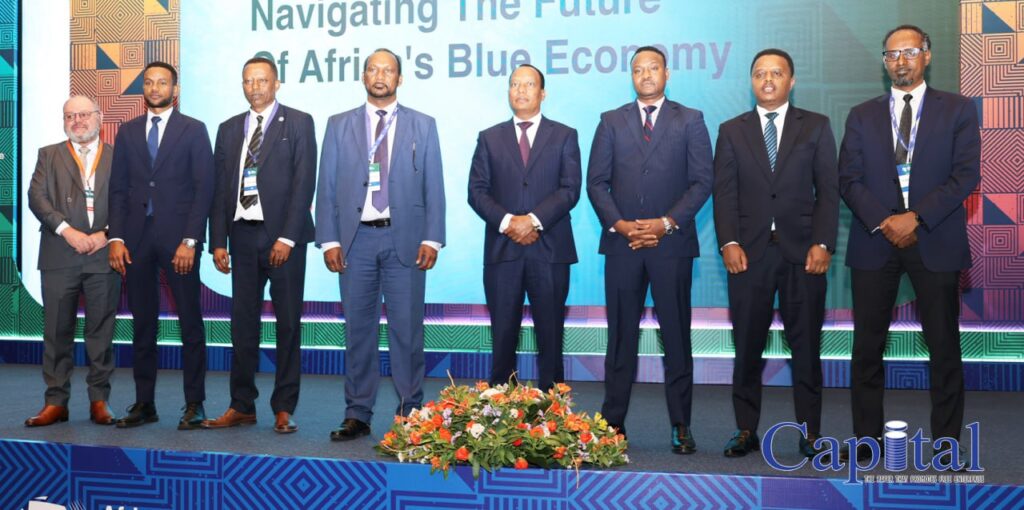
Obtaining internationally recognized certification presents a second major hurdle. With only about half of African countries appearing on the International Maritime Organization (IMO) whitelist, many graduates lack the formal accreditation required for global employment. This recognition gap is exacerbated by difficulties in securing certification visas needed for placement on international ships.
Currently, Ethiopia—despite lacking a direct seaport—boasts more than 7,000 active seafarers in global fleets and aspires to be ranked among the world’s top five shipping nations. Fraol Tafa, Deputy Director General of the Ethiopian Maritime Authority, stressed Ethiopia’s commitment to “maritime awareness that isn’t blinded by the lack of sea access.” He pointed to the country’s two maritime training institutes and oversight by the European Maritime Safety Agency (EMSA) as evidence of Ethiopia’s high-caliber training and management standards.
The conference concluded with calls for enhanced international partnerships and practical solutions to bridge the gap between African maritime training and the global crewing market, allowing both Ethiopia and the continent at large to respond to escalating global maritime labor demands.


